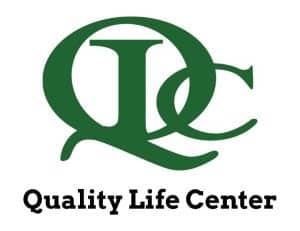Grief & Loss Counseling
The seven emotional stages of grief are usually understood to be shock or disbelief, denial, bargaining, guilt, anger, depression, and acceptance/hope. Symptoms of grief can be emotional, physical, social, or religious in nature.
Grief is a natural response to loss and can often feel overwhelming. The pain of grief can affect your physical health, making it difficult to sleep, eat, or even think straight. These are normal grief reactions and the more significant the loss, the more intense your grief will be.
Most people think of grief in relation to the loss of a loved one which is the most intense and challenging life events. But loss that causes grief can be for many things in life such as:
- Divorce or loss of a relationship
- Loss of a job
- Death of a Pet
- Loss of Health
- Retirement
- A miscarriage
- Selling of a family home
Whatever your loss, it’s personal to you, so don’t feel ashamed about how you feel. If the person, animal, relationship, or situation was significant to you, it’s normal to grieve the loss you’re experiencing. Whatever the cause of your grief, though, there are healthy ways to cope with the pain’ help you come to terms with your loss, find new meaning, and eventually move on with your life. While grieving a loss is an inevitable part of life, there are ways to help you cope.
How To Cope With Loss
- Acknowledge your pain.
- Accept that grief can trigger many different and unexpected emotions.
- Understand that your grieving process will be unique to you.
- Seek out face-to-face support from people who care about you.
- Support yourself emotionally by taking care of yourself physically.
- Recognize the difference between grief and depression.
